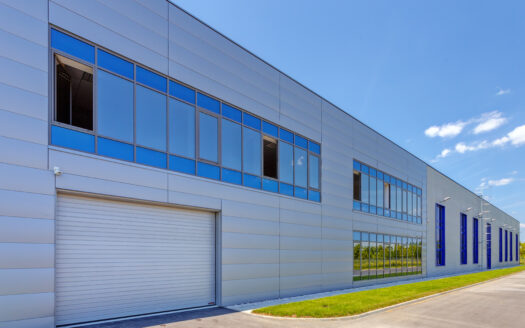Choosing the right lease structure for your commercial property maximises returns, ensures tenant satisfaction, and maintains a sustainable income stream. The diverse nature of commercial real estate requires careful consideration of various factors to determine the most suitable arrangement. This post explores key considerations to help property owners make informed decisions when selecting the optimal lease structure for their commercial investments. For more information, you can review our detailed commercial real estate frequently asked questions (FAQs)
Understanding Lease Structures: A Brief Overview
a. Gross Lease: In a gross lease, the tenant pays a fixed rent amount, and the landlord covers operating expenses such as property taxes, insurance, and maintenance.
b. Net Lease: Net leases shift some or all of the operating expenses to the tenant, with variations like single, double, or triple net leases. The level of tenant responsibility depends on the specific terms negotiated.
c. Percentage Lease: Common in retail settings, a percentage lease ties a portion of the rent to the tenant’s gross sales. This structure allows landlords to share in their tenants’ success.
You can learn more about essential commercial real estate terms in Victoria here
Property Type and Market Considerations
a. Property-Specific Needs: Different commercial properties have unique requirements. For example, retail spaces may benefit from percentage leases, while office spaces may be better suited for gross leases.
b. Market Trends: Analyse your area’s current market trends and tenant expectations. Understanding the prevailing lease structures in the market can inform your decision and enhance your property’s attractiveness.
Financial Objectives and Risk Tolerance
a. Predictable Income vs. Variable Returns: A gross lease may be preferable if you prioritise stable, predictable income. On the other hand, if you are comfortable with some variability and seek higher returns, a net or percentage lease might be more suitable.
b. Assessing Risk Exposure: Consider your risk tolerance and the level of control you want over operating expenses. Net leases transfer more responsibility to tenants but may also expose landlords to certain risks.
Tenant Relationship and Industry Dynamics
a. Long-Term Relationships: A gross lease with a fixed rent structure may be attractive for tenants seeking stability and a long-term commitment. This is common in office spaces where tenants value consistency.
b. Variable Expenses for Flexibility: A net lease structure may provide the flexibility needed to adapt to changing circumstances in industries with variable income or where tenants prefer more control over costs.
Legal and Compliance Considerations
a. Local Regulations: Familiarise yourself with local laws and regulations governing commercial leases. Some jurisdictions may have specific requirements or restrictions that impact the structure of your lease agreements.
b. Consult Legal Professionals: Engage legal professionals to review lease agreements and ensure compliance with local laws. Professional advice is crucial in navigating legal complexities and protecting your interests.
Negotiating Flexibility and Terms
a. Customising Lease Agreements: Tailor lease agreements to meet the specific needs of your property and tenant. Negotiate terms that balance the interests of both parties and allow for adjustments as circumstances change.
b. Built-In Flexibility: Incorporate provisions that allow for lease modifications based on predefined triggers or changes in market conditions. This ensures that the lease structure remains adaptable to evolving circumstances.
Choosing the optimal lease structure for your commercial property is a nuanced process that carefully evaluates property type, market dynamics, financial goals, tenant relationships, legal considerations, and negotiation strategies. By considering these factors and seeking professional advice when needed, property owners can create lease agreements that align with their objectives, attract desirable tenants, and contribute to the long-term success of their commercial investments. The team at CPN Commercial Group are commercial real estate specialists, providing a boutique property and asset management service in Melbourne, making them the ideal first point of contact to discuss your commercial real estate needs. Get in touch with us today to explore how we can support your commercial property goals and help you achieve success.








